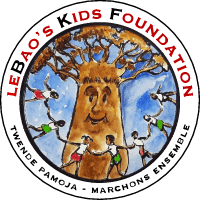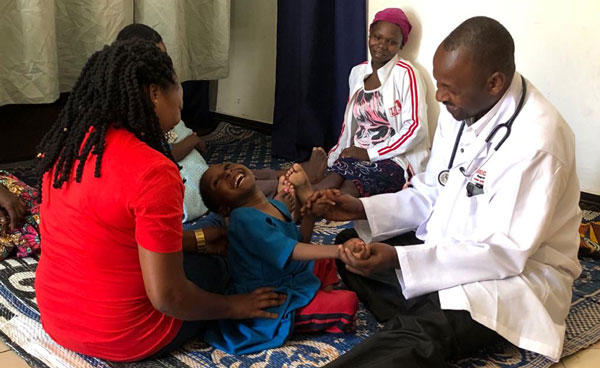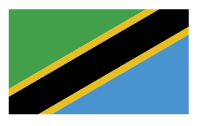Its general missions
The therapeutic project consists of social and medico-social support provided by the care team of the therapeutic center. This support is based on a global approach aimed at identifying, preventing and protecting children with disabilities.
Follow-up work on each child is developed on the basis identified needs, taking into account the wishes and possible limitations of the children and their families. It is part of a dynamic and global process of helping relationships that requires the establishment of mutual trust and the consent of the children and their families.
The Therapeutic Center's support missions are carried out through social action, educational and rehabilitative support that promote the development or maintenance of the child's ability to become more autonomous and to participate in a social life as normal as possible.
The Center thus contributes to the reduction of social, mental and physical handicaps.





